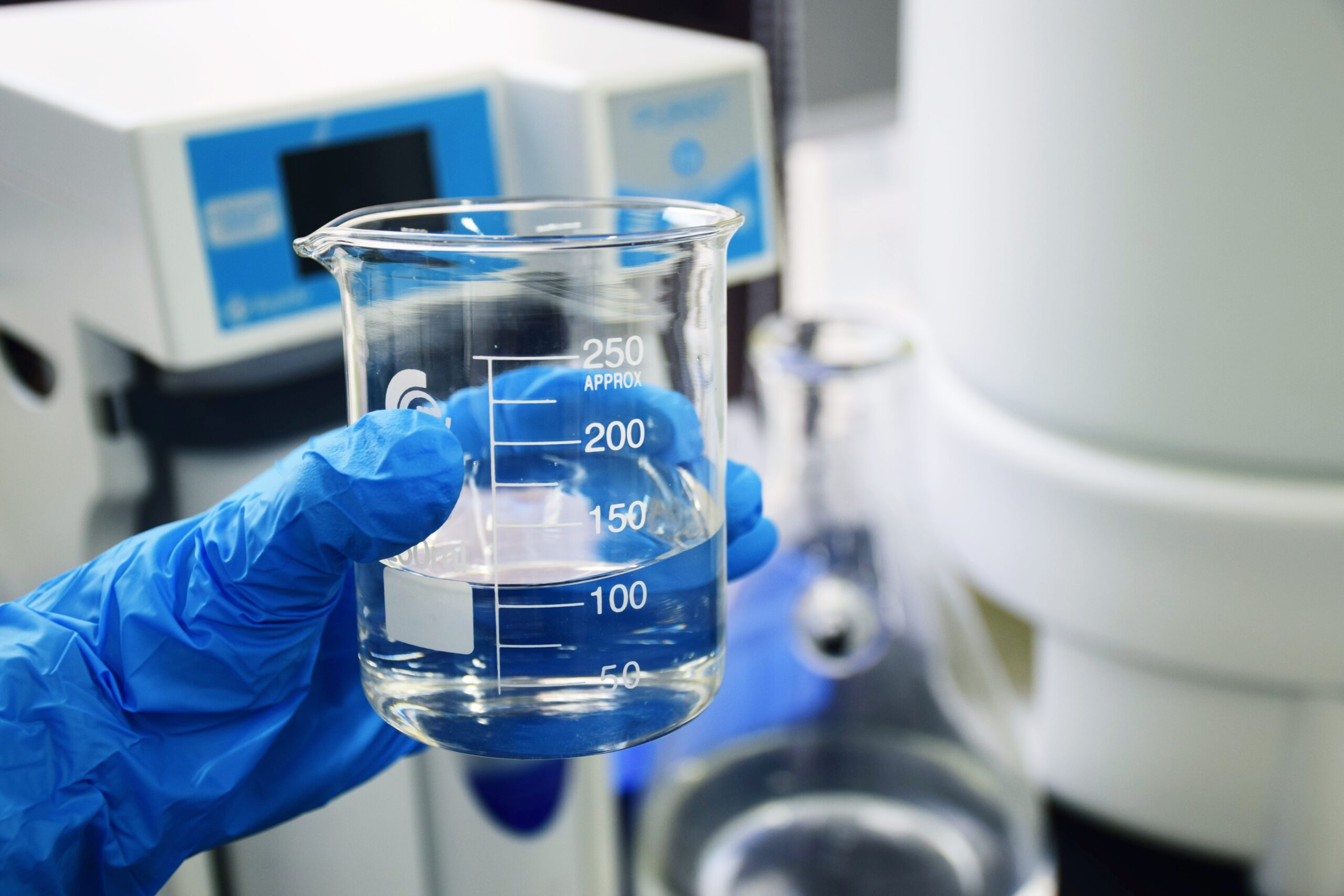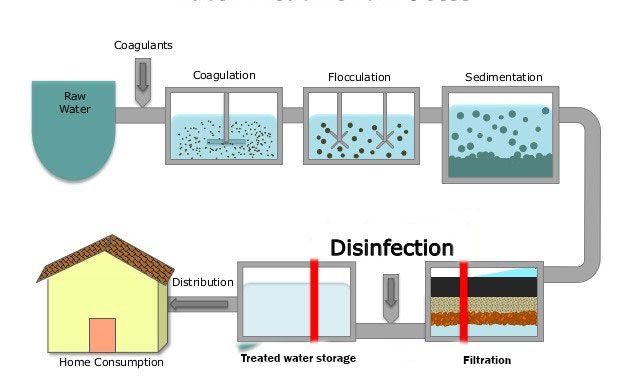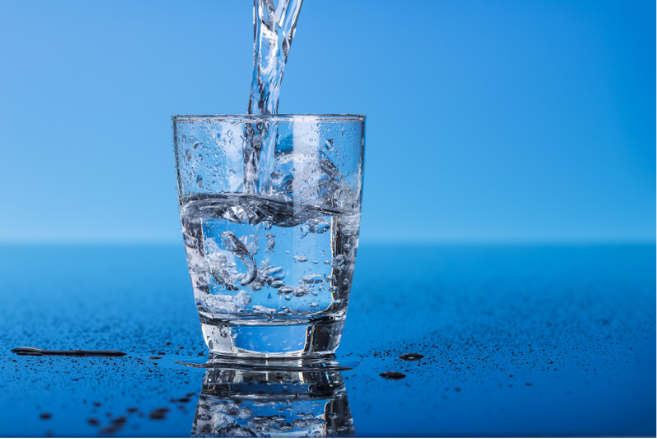How a Water Purification System Improves Water Taste and Clarity
How a Water Purification System Improves Water Taste and Clarity
Blog Article
Why a Water Purification System Is Necessary for Clean, Safe Water
Access to tidy, safe water is a fundamental human right and a cornerstone of public wellness. The presence of harmful pollutants such as virus, heavy steels, and chemical contaminants in our water supply elevates significant problems about wellness and well-being. A water filtration system stands as a critical remedy to reduce these dangers, making certain that people and neighborhoods can access risk-free alcohol consumption water. Understanding the ins and outs of these systems and their different techniques is important, particularly as we think about the implications for health and wellness results and environmental sustainability in our day-to-days live.
Value of Clean Water
Access to clean water is an essential need for human health and wellness and health. It is necessary for sustaining life, sustaining health, and maintaining total public health. Water Purification System. The schedule of secure alcohol consumption water substantially decreases the risk of waterborne diseases, which position a significant risk to areas worldwide. Infected water can lead to severe health issues, consisting of intestinal illnesses, cholera, and dysentery, specifically in prone populaces such as kids and the elderly.
Additionally, clean water is important for sanitation and hygiene practices, which are vital in protecting against the spread of contagious conditions. Adequate water system sustains correct cleanliness centers, advertising a much healthier environment. Furthermore, access to risk-free water influences socioeconomic variables, as it makes it possible for areas to involve in industrial and agricultural tasks, ultimately adding to economic growth.
In many regions, the absence of clean water worsens destitution and inequality, further preventing progression towards lasting growth objectives. Ensuring accessibility to tidy water is not only a public wellness important however likewise a cornerstone for social equity and financial growth. Initiatives to boost water high quality and facilities have far-ranging benefits, fostering healthier communities and improving quality of life.

Usual Impurities in Water
Guaranteeing the availability of tidy water is weakened by different impurities that can jeopardize its safety and security and top quality. The presence of microorganisms, such as viruses, bloodsuckers, and microorganisms, presents significant health and wellness risks, specifically in areas lacking appropriate hygiene. These microbes can lead to waterborne illness, resulting in extreme health problem or perhaps fatality.
Chemical contaminants additionally offer an important worry. Hefty metals, including lead, arsenic, and mercury, commonly go into water products with industrial discharges or corroded plumbing. These substances can gather in the body over time, resulting in long-lasting wellness problems such as neurological damages and developmental problems.
Furthermore, farming drainage presents pesticides and plant foods into water supply, which can interfere with environments and negatively effect human health and wellness. Nitrates, commonly located in fertilizers, can cause significant problems like methemoglobinemia, particularly in infants.
Benefits of Water Filtration Systems
Identifying the essential requirement for safe drinking water, water purification systems use a myriad of benefits that enhance public health and wellness and environmental sustainability. Mainly, these systems successfully get rid of dangerous contaminants, consisting of bacteria, infections, heavy metals, and chemicals, guaranteeing that the water consumed is without you could check here contaminants and virus. This decrease in impurities considerably decreases the risk of waterborne diseases, promoting overall neighborhood health.
In addition to health and wellness benefits, water filtration systems add to environmental sustainability by minimizing reliance on mineral water, which often creates extreme plastic waste. By using a purification system, households can lower their carbon footprint and add to a more lasting environment. In addition, these systems can enhance the taste and odor of water, making it a lot more tasty for daily intake.

Various Kinds Of Purification Methods

One usual approach is reverse osmosis, which uses a semi-permeable membrane to separate water from dissolved solids and pollutants. This process effectively decreases pollutants, including hefty steels and chemicals. An additional commonly made use of technique is ultraviolet (UV) sanitation, which employs UV light to neutralize microorganisms and infections, providing them harmless without using chemicals.
Activated carbon filtration is one more preferred method, making use of carbon to adsorb organic substances, chlorine, and unpleasant smells, improving taste and odor quality. Distillation, a procedure that entails boiling water and condensing the steam, efficiently gets rid of minerals and pollutants but may call for even more power contrasted to various other methods.
Ion exchange is typically utilized to soften water by changing calcium and magnesium ions with salt or potassium ions. Each technique has its benefits and restrictions, making it vital to understand their functionalities and efficiency in dealing with particular water top quality issues - Water Purification System. Eventually, selecting the ideal filtration approach is essential for making certain clean and secure alcohol consumption water
Picking the Right System
Selecting a proper water filtration system requires careful consideration of various factors, consisting of the specific contaminants existing in the water, the volume of water required, and the desired purification technique. Initially, it is crucial to check my site perform a water top quality test to determine impurities such as microorganisms, heavy steels, or chemical pollutants. This information will certainly guide you in choosing a system that efficiently targets those particular impurities.
Following, assess your house's day-to-day water consumption to figure out the system's ability. Equipments are offered in various dimensions, from point-of-use filters for alcohol consumption water to whole-house devices that detoxify all water entering your home.
Furthermore, think about the purification method that ideal fits your requirements. As an example, reverse osmosis is very efficient for getting rid of a wide variety of impurities, while UV purification is exceptional for getting rid of bacteria.
Verdict
In conclusion, the implementation of water filtration systems is essential for guaranteeing accessibility to tidy and secure water. By understanding the relevance of clean water and the advantages of different filtration approaches, communities can make informed choices to secure their wellness and advertise socioeconomic stability.
Recognizing the essential requirement for safe drinking water, water purification systems use a myriad of advantages that boost public wellness and environmental sustainability.In addition to health and wellness advantages, water filtration systems add to environmental sustainability by decreasing reliance on bottled water, which often creates excessive plastic waste. Eventually, the fostering of water filtration systems is a positive action toward guaranteeing clean, risk-free water for future generations while guarding public wellness and the atmosphere.
Selecting an appropriate water purification system needs careful consideration of different factors, including the details pollutants existing in the water supply, the volume of water needed, and the preferred filtration approach.In verdict, the implementation of water purification systems is crucial for making sure access to clean and risk-free water.
Report this page